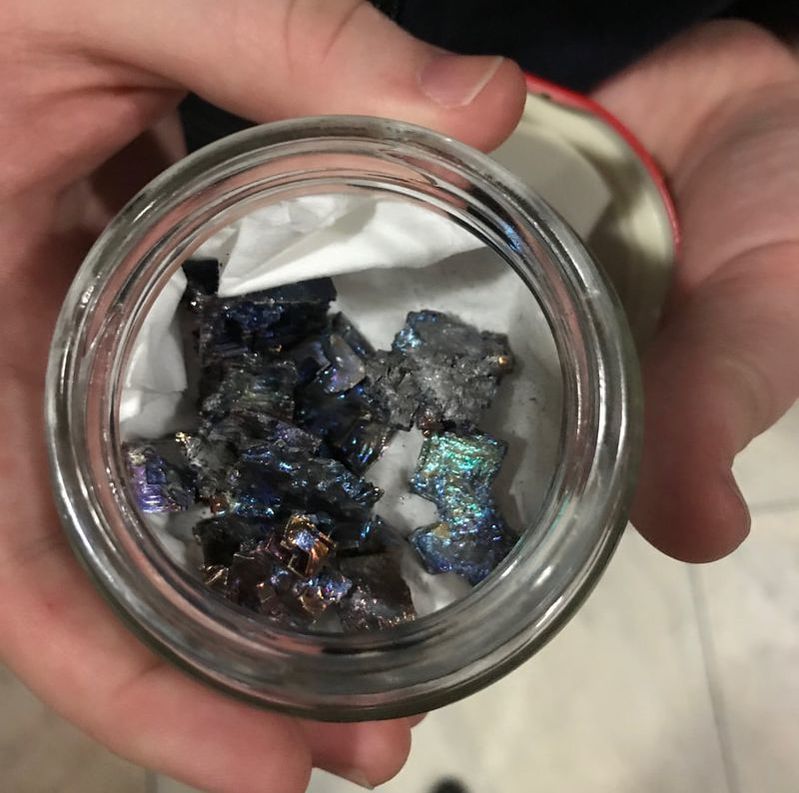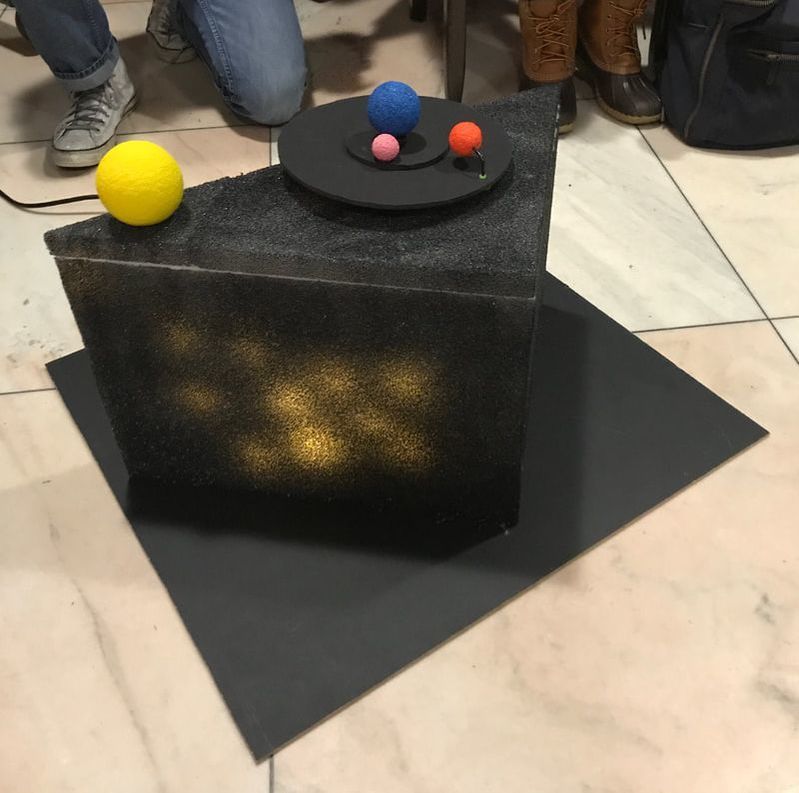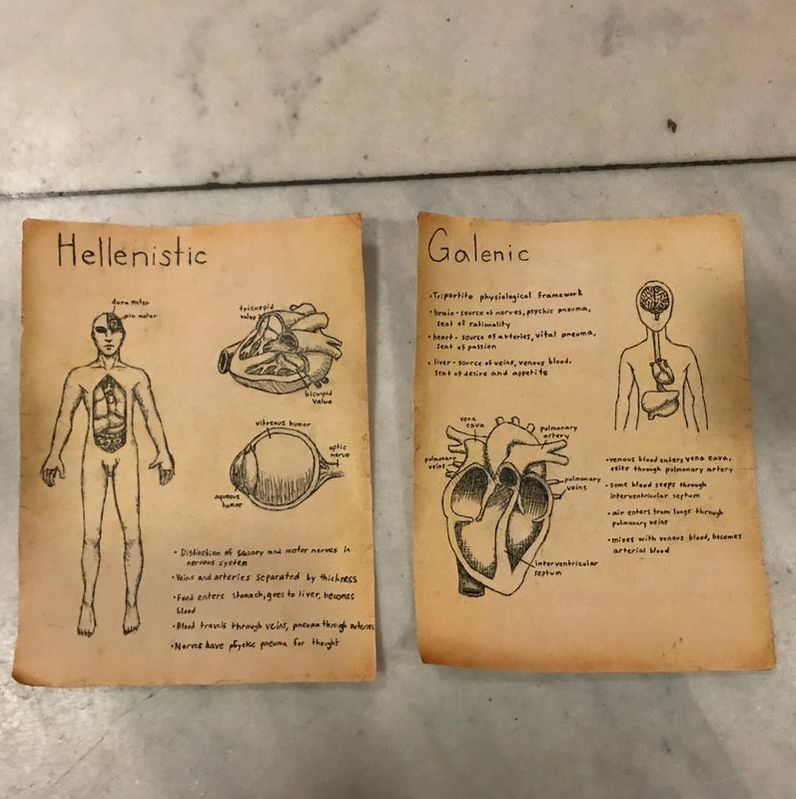Teaching Summary
To me, the goal of philosophical training is the cultivation of epistemic virtues. I hope my students will become better equipped at the end of their education to investigate conceptual problems they will face in the future. One of the most important aspects of a philosophical training is learning how to disagree with each other. Students often believe that disagreement is bad or that there is nothing to learn when people disagree. I think what makes philosophy classes so challenging is learning from disagreement. This is one of the major objectives of my classes.
Morality and Medicine |
This is an applied ethics class where we examine a number of ethical issues that arise in the context of contemporary medical practice and research by analyzing articles and decision scenarios. Topics covered include the physician-patient relationship; informed consent; medical experimentation; termination of treatment; genetics; race and medicine; reproductive technologies; euthanasia; resource allocation; and health care reform. This course is a component of the University of Pittsburgh undergraduate certificate in Conceptual Foundations of Medicine.
|
|
Mind and Medicine
|
This course is designed as an introduction to the philosophical issues that exist at the intersection of psychology and medicine. Among others, we will examine the following questions: What does it mean to be healthy? Can one define health and sickness purely objectively? Or does the notion of disease involve value judgments of various sorts? What does it mean to say that a disease is “genetic”? Are diseases always best explained by appealing to lower-level biological details such as genetics and biochemistry? Are psychiatric disorders real? How should Scientists best explain psychiatric disorders? Can evolutionary biology be useful to psychiatry? This course is a component of the University of Pittsburgh undergraduate certificate in Conceptual Foundations of Medicine.
|
Magic, Medicine, and Science |
This course is a survey of Western intellectual history from the Ancient Greeks to the Scientific Revolution. We begin briefly with ancient Greek speculations in cosmology, natural philosophy, and medicine (Plato, Aristotle, Ptolemy, Galen). Then we will examine how they developed through the Middle Ages and into the Renaissance. In the second half of the course, we focus on the exciting intellectual transformations of 17th-century Britain and Europe, which constitute the beginnings of modern science. The great scientific achievements of figures such as Copernicus, Galileo, Kepler, Descartes, Harvey, Boyle, Leibniz, and Newton.
|
Philosophy of Biology |
This course considers foundational conceptual issues in biology: the nature and structure of biological explanation, the possibility of laws in evolutionary theory, the relationship between different causal components of biological processes (genetics and development), the problem of species reality and classification, the explanatory character of ascription of biological function, and the extension of biological explanations to human psychology and culture. This course also includes sections on the biological reality of race and gender.
|
Examples of Student Work
I employ a combination of traditional and creative options for final projects. For example, in Magic Medicine and Science, as a final assessment, I gave my students a choice between a traditional research paper and a creative project. I encouraged students to draw on their outside interests for their final projects. In the end, student submissions included many artistic projects, research topics on non-Western science, and biographies of overlooked scientists. You can see some more examples below!
Teaching Resources
|
|
I helped to create educational videos as part of the Instant HPS series on YouTube.
This one was created in collaboration with Dr. Edouard Machery and Dr. Sandra Mitchell. I show it in my classes when we discuss philosophy of race topics. |


